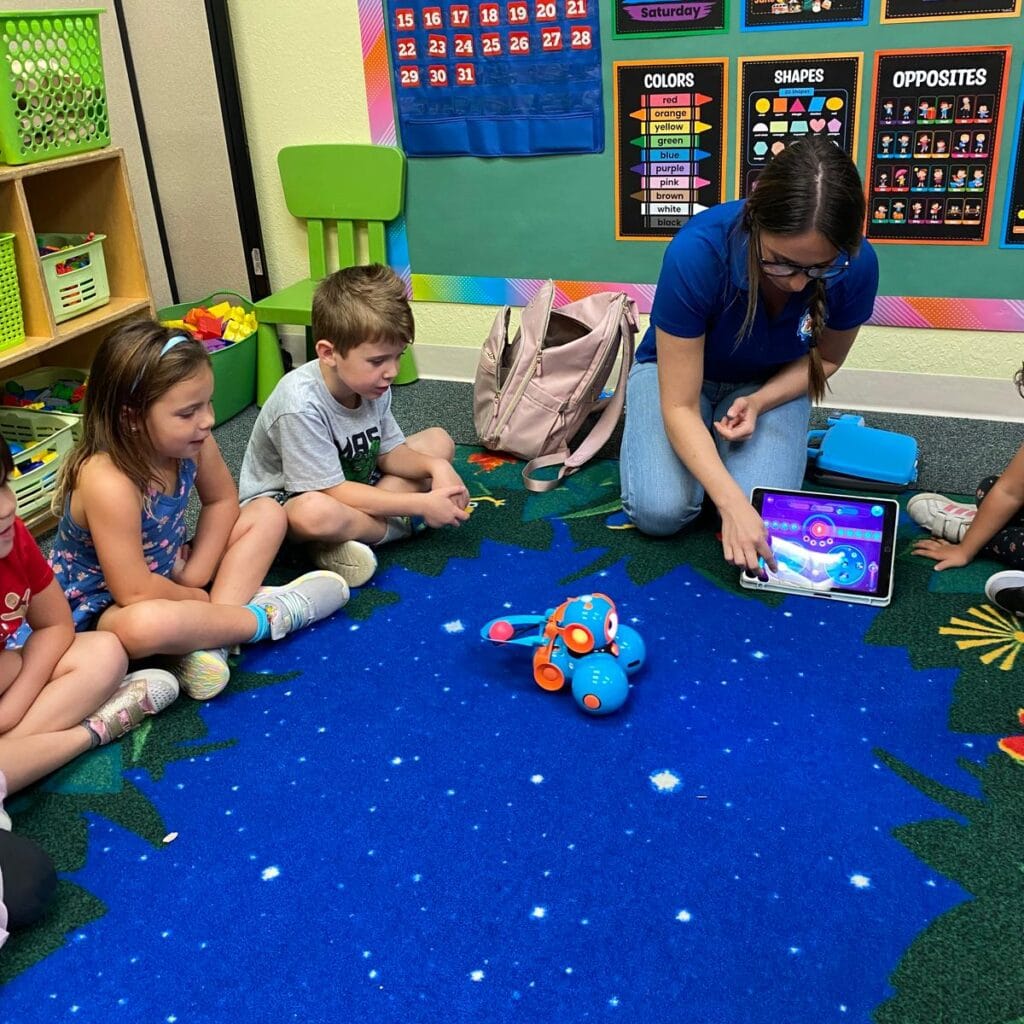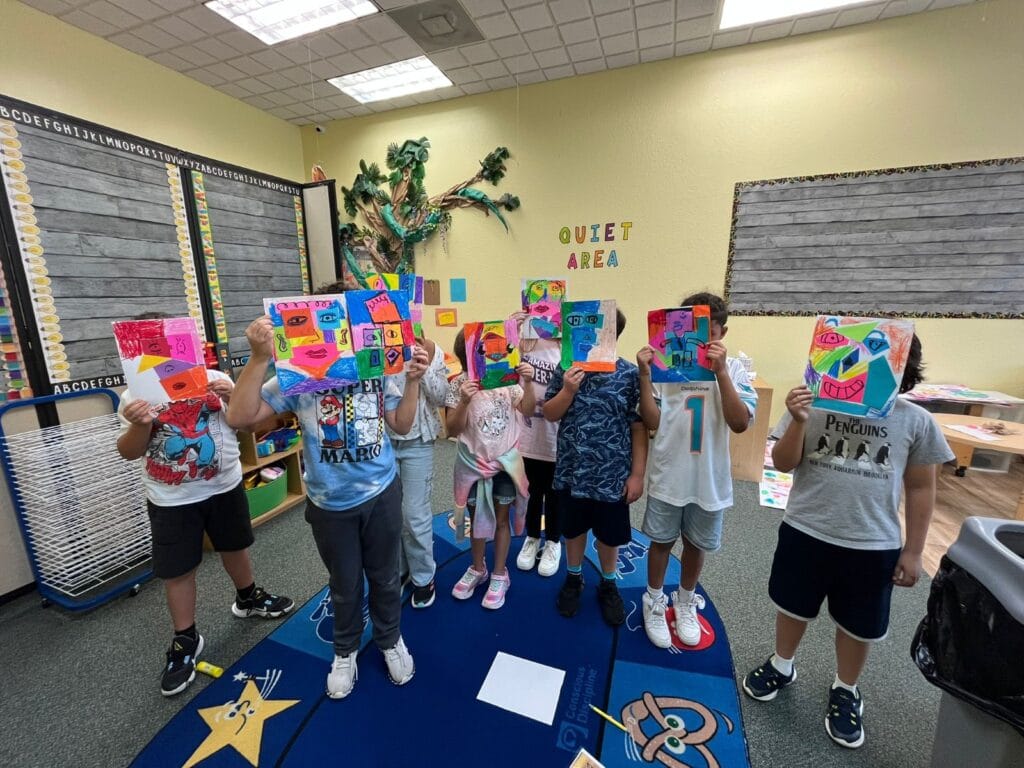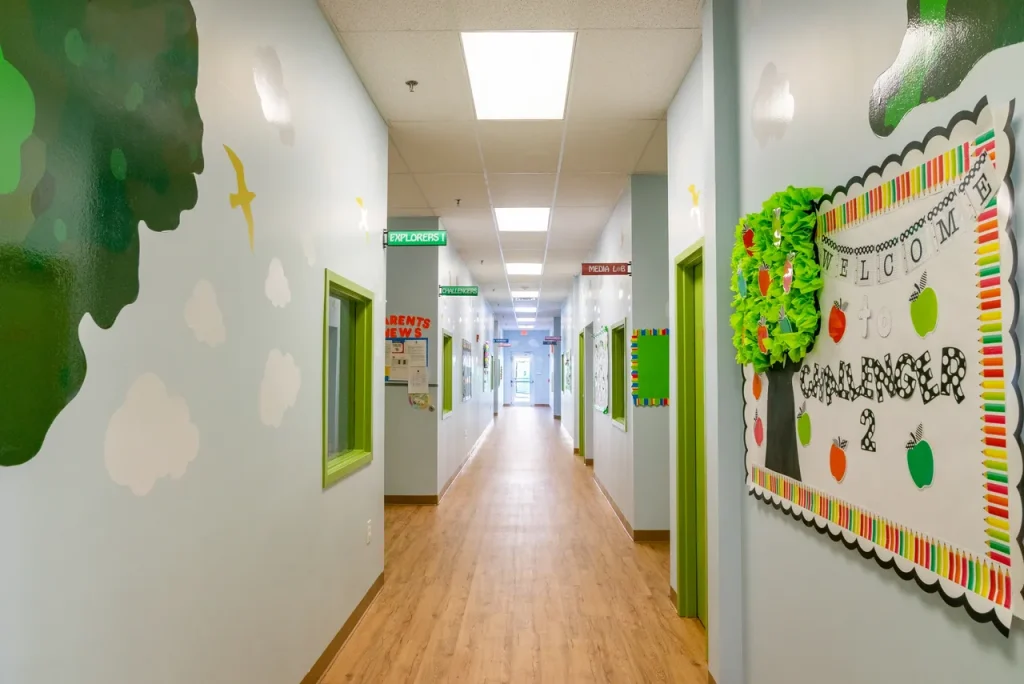
As technology becomes an integral part of our daily lives, introducing children to robotics at an early age can lay a solid foundation for their future. Here are some benefits of exploring robotics in early education.
1. Fostering Critical Thinking and Problem-Solving Skills
Robotics encourages children to think critically and creatively. As they design, build, and program their robots, they learn to approach challenges with a problem-solving mindset. This hands-on experience not only enhances their cognitive abilities but also prepares them to tackle real-world problems with confidence.
2. Encouraging Collaboration and Teamwork
In our robotics program, students often work in teams to complete projects. This collaborative environment fosters important social skills, including communication and cooperation. Children learn to listen to different perspectives, share ideas, and work together to achieve a common goal. These skills are vital for success in any field.
3. Boosting Engagement and Motivation
Robotics combines learning with play, making it an exciting journey for young learners. This interactive approach keeps children engaged and motivated to learn. They get to see the tangible results of their work, which boosts their confidence and enthusiasm for STEM (Science, Technology, Engineering, Mathematics) subjects.
4. Developing Technical Skills
As technology continues to evolve, having a basic understanding of robotics and coding becomes increasingly important. Our robotics program introduces children to essential concepts in programming and engineering in a fun and accessible way. These foundational skills can inspire a passion for technology and innovation as they grow.
5. Promoting Resilience and Adaptability
Working with robotics often involves trial and error. Children may face setbacks as they troubleshoot their designs or code. This experience teaches them resilience and perseverance. They learn that failure is a part of the learning process, helping them develop a growth mindset that will benefit them in all aspects of life.







